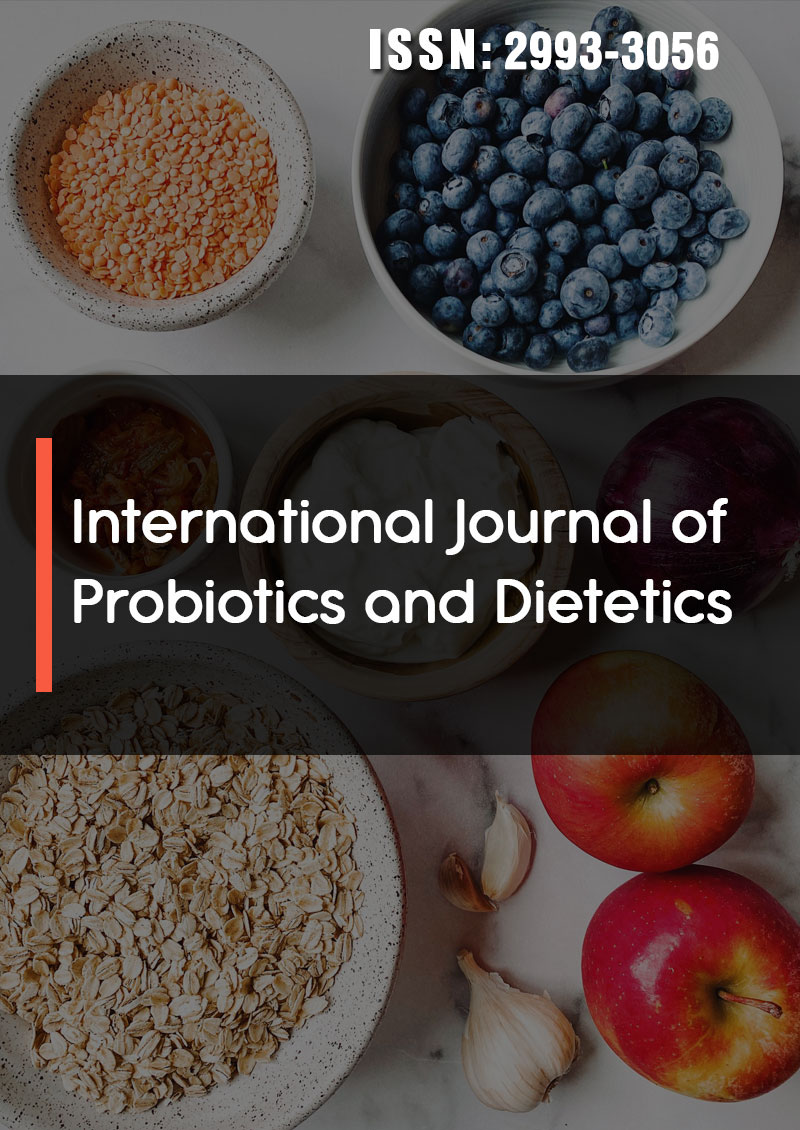Nutritional and Antioxidant Profiling of Guava Fruit Clinical Nutrition & Dietitian
Abstract
Areej Tanveer
This study was conducted to determine the effects of guava (Psidium guajava) consumption on total antioxidant status and lipid profile (total cholesterol, triglycerides) Psidium guajava (L.) belongs to the Myrtaceae family and it is an important fruit in tropical areas like India, Indonesia, Pakistan, Bangladesh, and South America. Guava is highly nutritious and a good source of calcium, iron, phosphate pulp it contains significant amounts of dietary fiber (soluble and insoluble), vitamins (A, B, C, β-carotene), essential oils, minerals, proteins (transferrin, ceruloplasmin, albumin), pectin’s, antioxidants (flavonoids, flavanols, condensed tannins) and volatile organic compounds. Therefore, this paper aims to review the nutritional and antioxidant composition of the guava fruit. The phytochemical composition of the fruit and has revealed a valuable source of compounds. Data of two years were pooled and subjected to analysis of variance (ANOVA). The significance of the difference between means was determined by Duncan's multiple range test (p < 0.05) using SAS. The length and breadth were recorded with the help of a varnier calipers in mm. (TSS) of fruits were recorded with the help of a digital hand refractometer. Titratable acidity was determined using titration method. Maximum fruit length was recorded in KG Guava (73.04 mm). Sugar/Acid ratio among guava was ranged from 6.78 to 13.31. The fruit and leaves can be consumed with minimal risk of adverse side effects.



